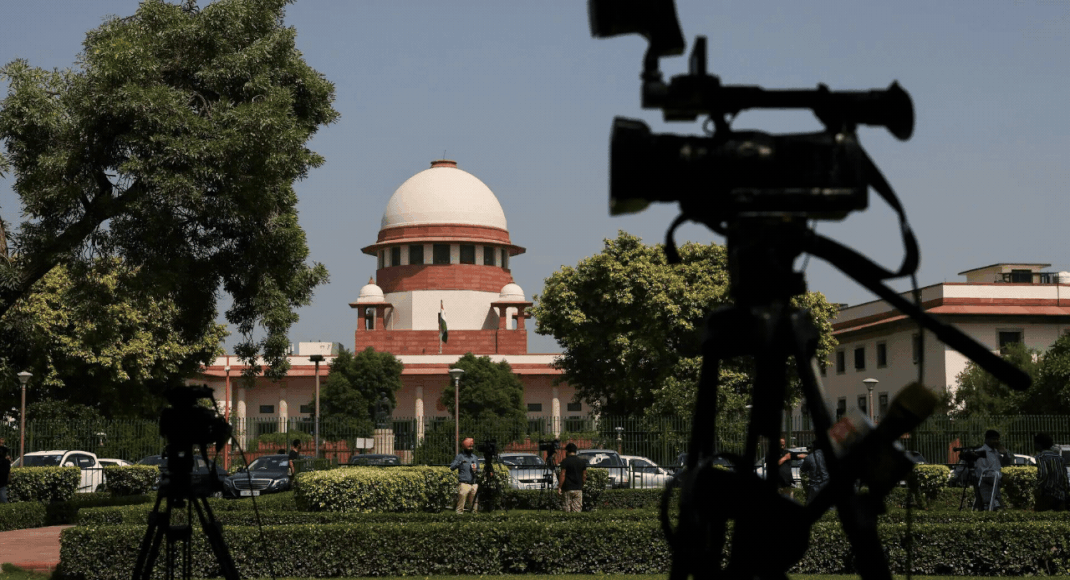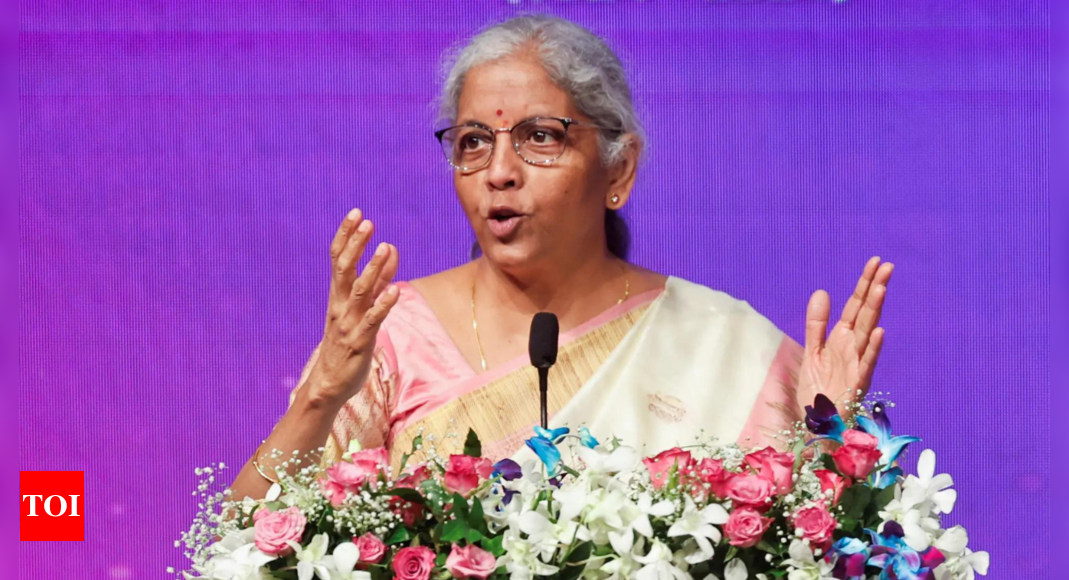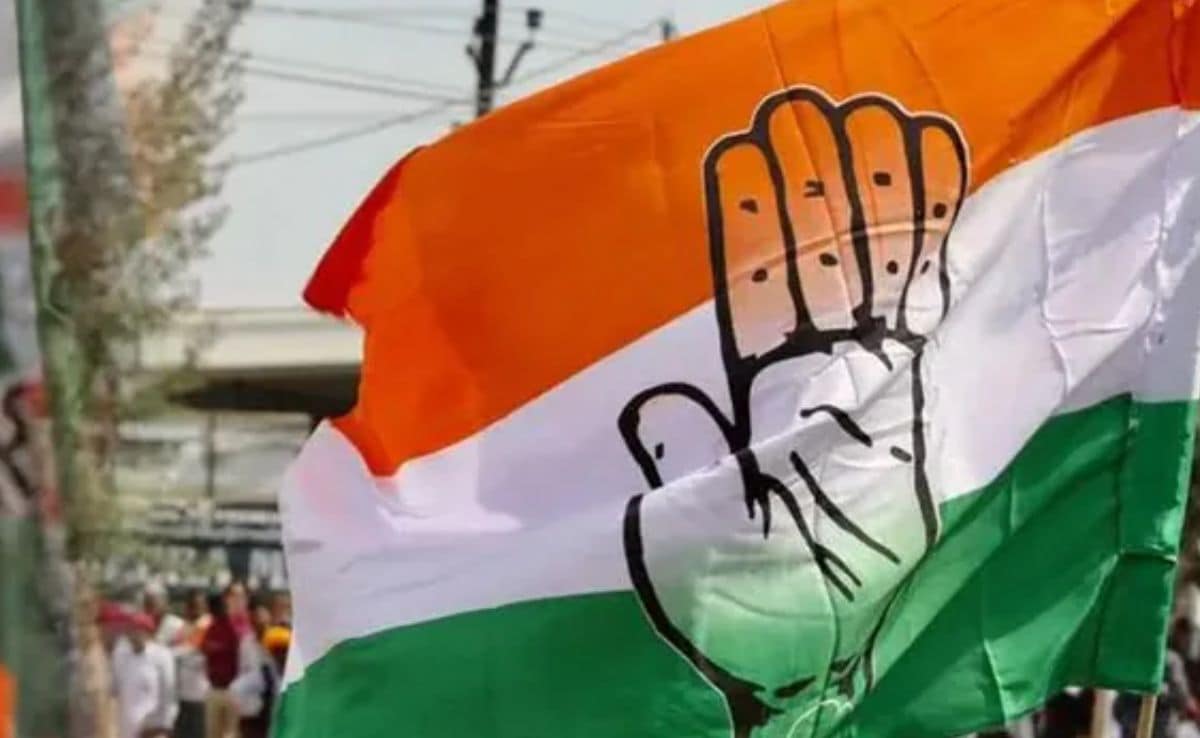
NEW DELHI: Supreme Court Monday said making it mandatory for employers to grant menstrual leave could be counter-productive on women’s participation in the workforce, but asked Centre to consider framing a model policy on the issue after consulting states and stakeholders.
Refusing to issue a positive direction to govts to implement menstrual leave for women, the bench led by CJI D Y Chandrachud said, “Since the issue raised multifarious aspects of policy, it may be examined by Centre and states.SC cannot interfere in it.”
When senior advocate Rakesh Khanna said petitioner Shailendra Mani Tripathi’s representation, on the suggestions of SC during the last hearing, had evoked no response from govts, SC said, “If it is made mandatory, then it could discourage employers to engage women workers. It may harm the cause.”
The bench asked additional solicitor general Aishwrya Bhati to request the secretary in ministry of women and child welfare to examine the issue at the policy level after due consultation with stakeholders and state govts.
“Union govt may consider framing a model policy. After consulting stakeholders, it will decide what policy decision is required to be taken on this issue,” SC said and disposed of the PIL.
Tripathy’s petition said, “In spite of provisions in Maternity Benefit Act, 1961, to take care of women in difficult stages of her maternity, the very first stage of maternity, which is the menstrual period, has been knowingly or unknowingly ignored by society, legislature and other stakeholders except few organisations and state govts.”
Erstwhile Soviet Russia had taken a policy decision to pay women who absented from work due to pain during the menstrual period. Japan had enacted a law in this regard in 1947. South Korea followed suit in 1953. Few provinces in China have provisioned two-day paid leave for women. Indonesia offers women two days’ leave a month, but they rarely take it as employers perform physical examinations on them before allowing the leave. The UK, Wales, Taiwan and Zambia also provide menstrual leave, the petitioner said.
Refusing to issue a positive direction to govts to implement menstrual leave for women, the bench led by CJI D Y Chandrachud said, “Since the issue raised multifarious aspects of policy, it may be examined by Centre and states.SC cannot interfere in it.”
When senior advocate Rakesh Khanna said petitioner Shailendra Mani Tripathi’s representation, on the suggestions of SC during the last hearing, had evoked no response from govts, SC said, “If it is made mandatory, then it could discourage employers to engage women workers. It may harm the cause.”
The bench asked additional solicitor general Aishwrya Bhati to request the secretary in ministry of women and child welfare to examine the issue at the policy level after due consultation with stakeholders and state govts.
“Union govt may consider framing a model policy. After consulting stakeholders, it will decide what policy decision is required to be taken on this issue,” SC said and disposed of the PIL.
Tripathy’s petition said, “In spite of provisions in Maternity Benefit Act, 1961, to take care of women in difficult stages of her maternity, the very first stage of maternity, which is the menstrual period, has been knowingly or unknowingly ignored by society, legislature and other stakeholders except few organisations and state govts.”
Erstwhile Soviet Russia had taken a policy decision to pay women who absented from work due to pain during the menstrual period. Japan had enacted a law in this regard in 1947. South Korea followed suit in 1953. Few provinces in China have provisioned two-day paid leave for women. Indonesia offers women two days’ leave a month, but they rarely take it as employers perform physical examinations on them before allowing the leave. The UK, Wales, Taiwan and Zambia also provide menstrual leave, the petitioner said.







